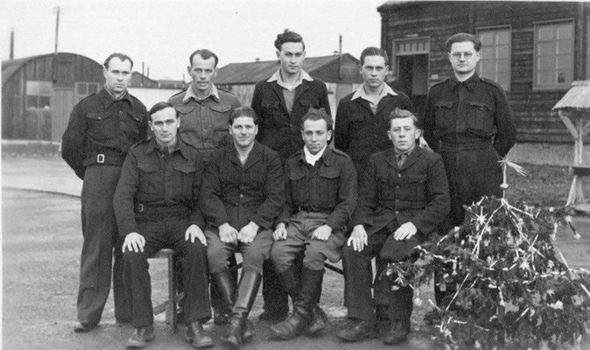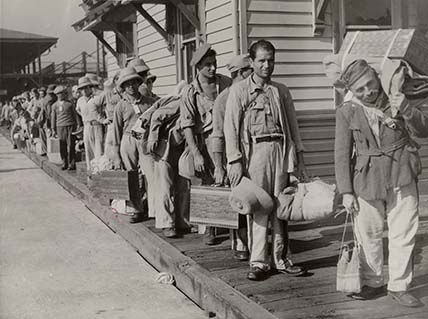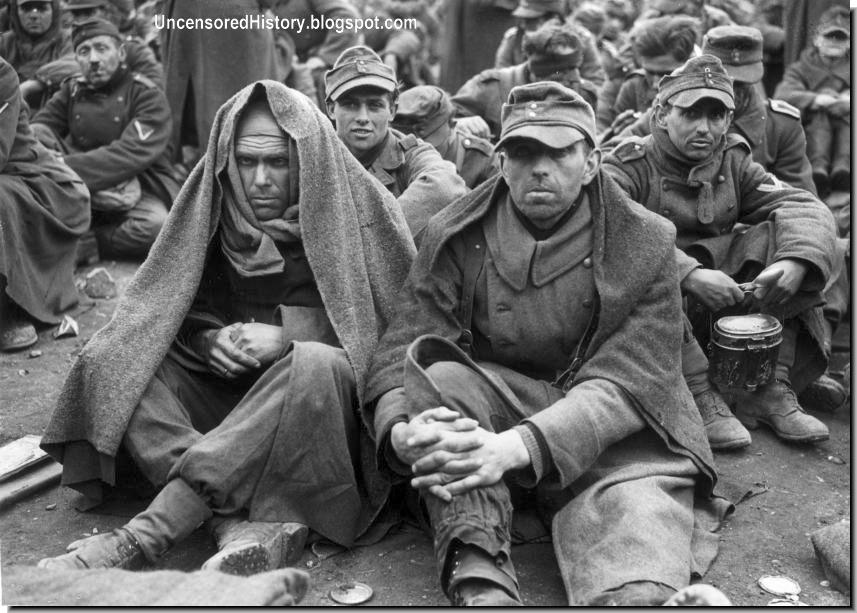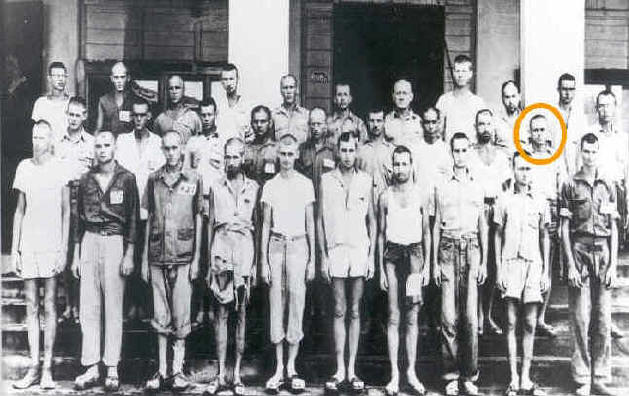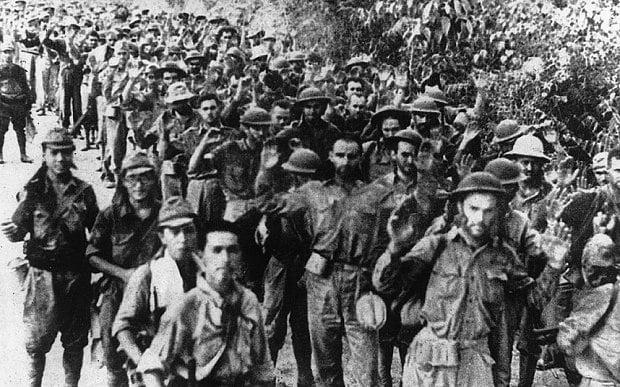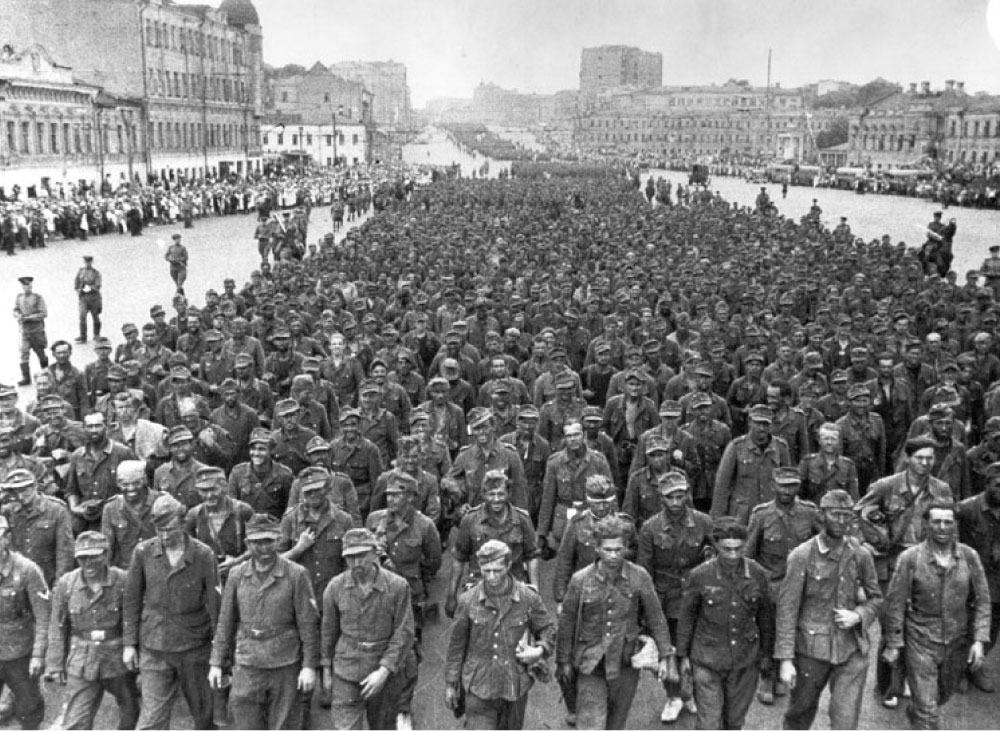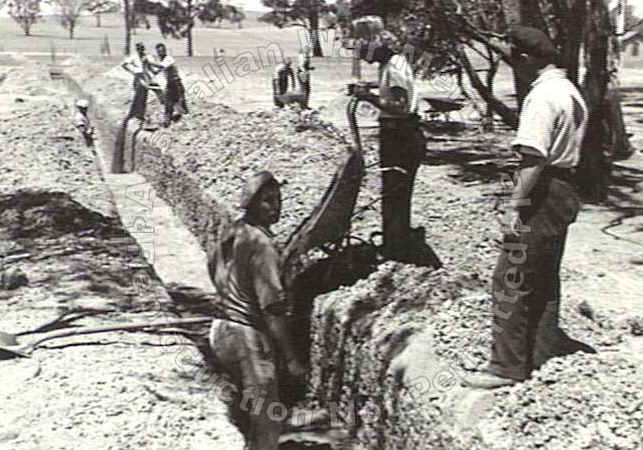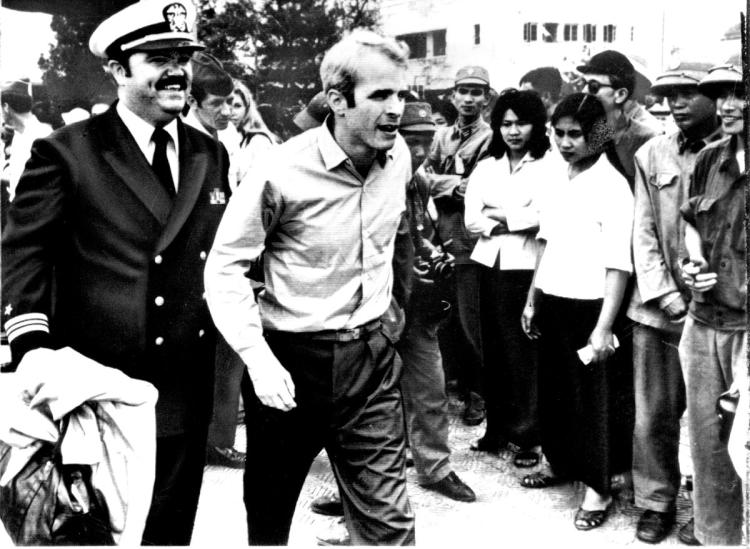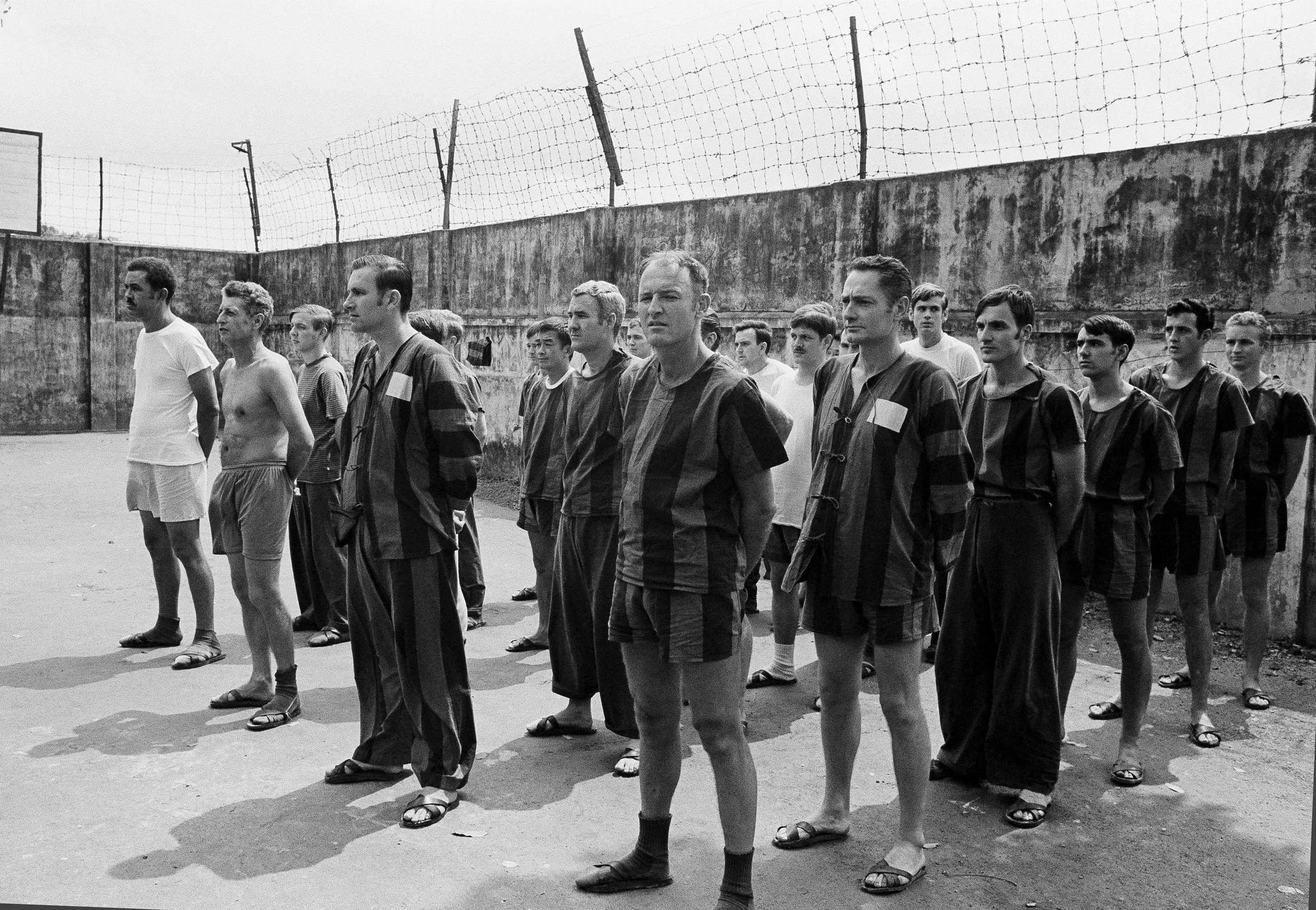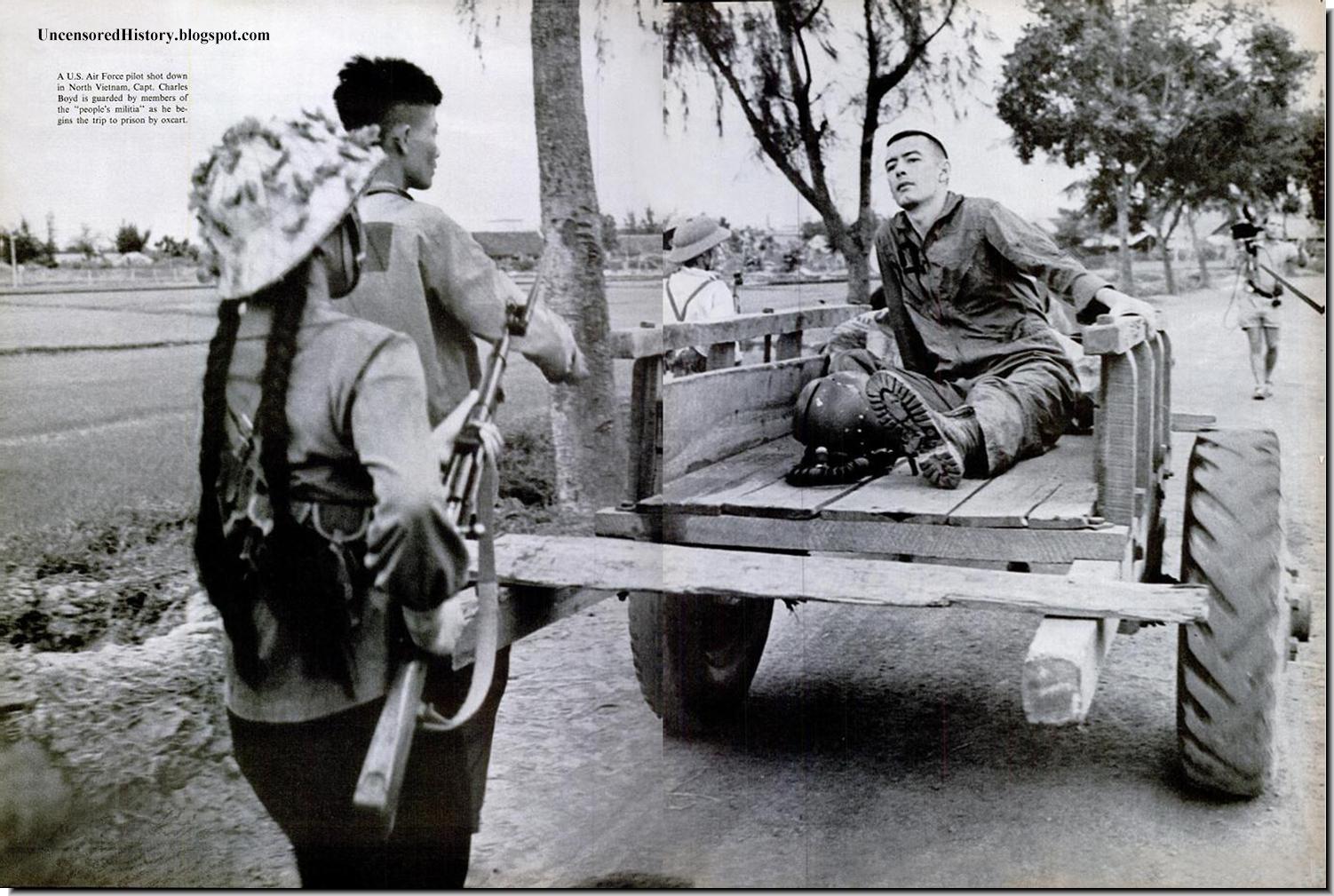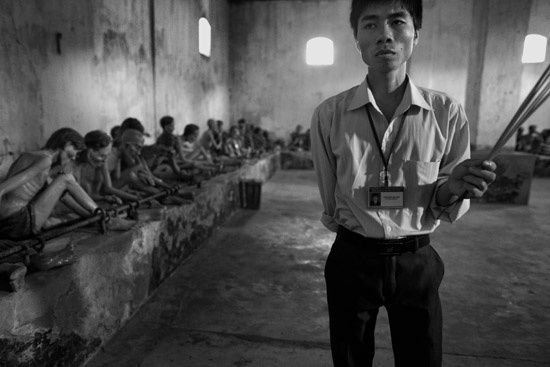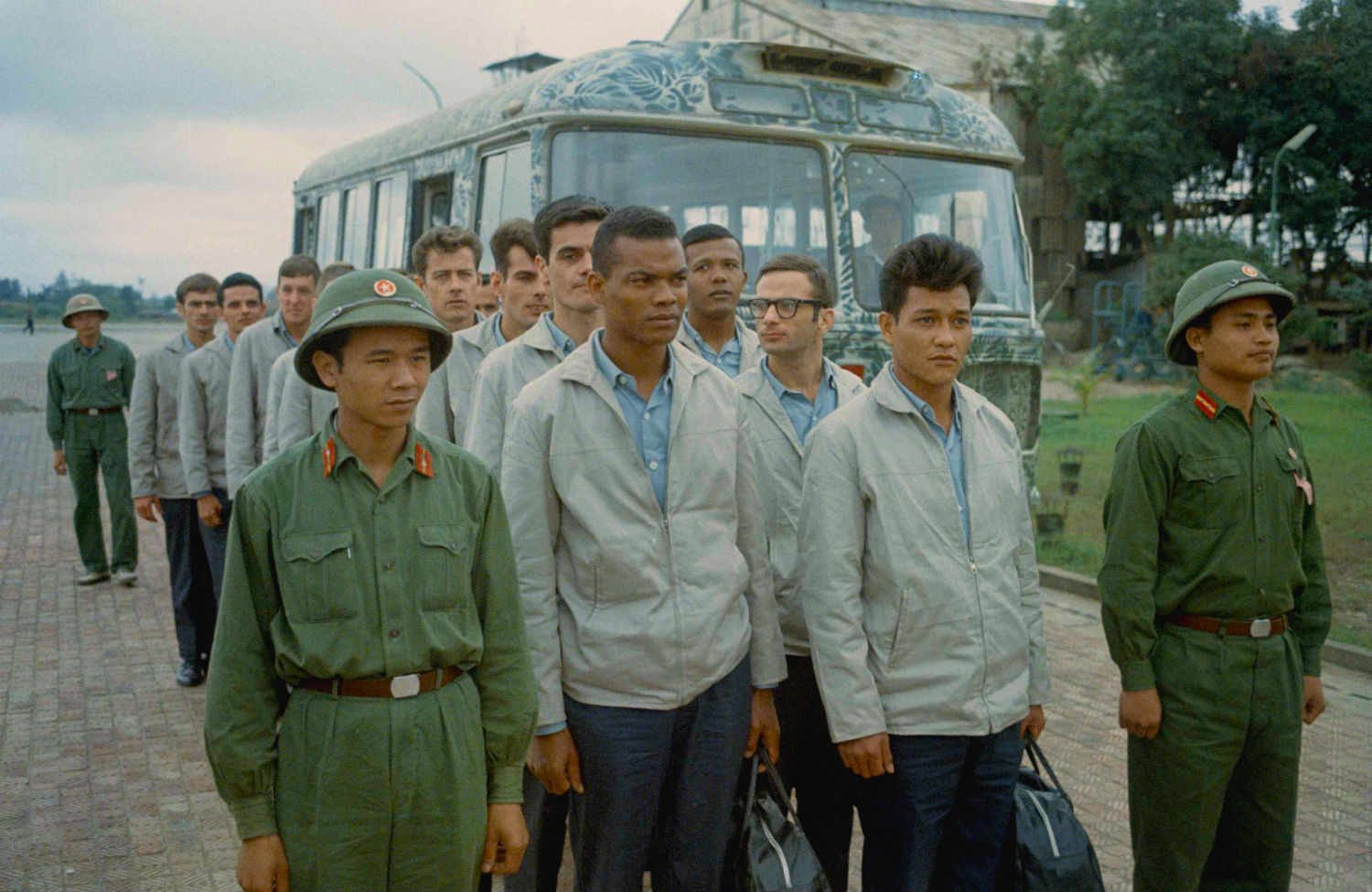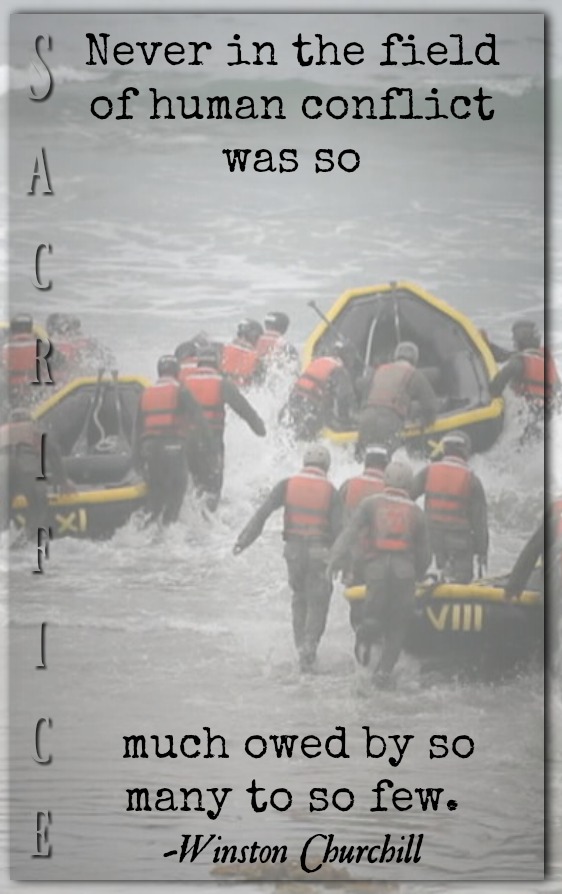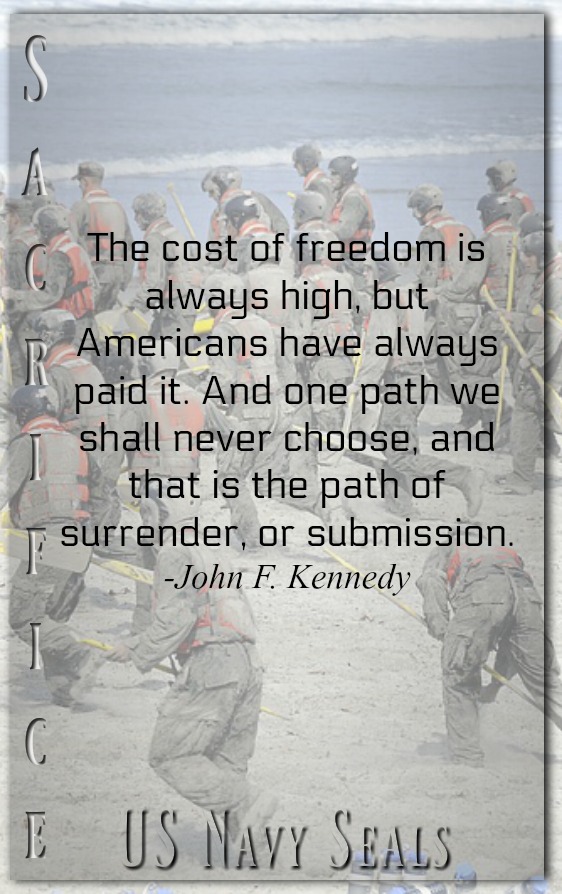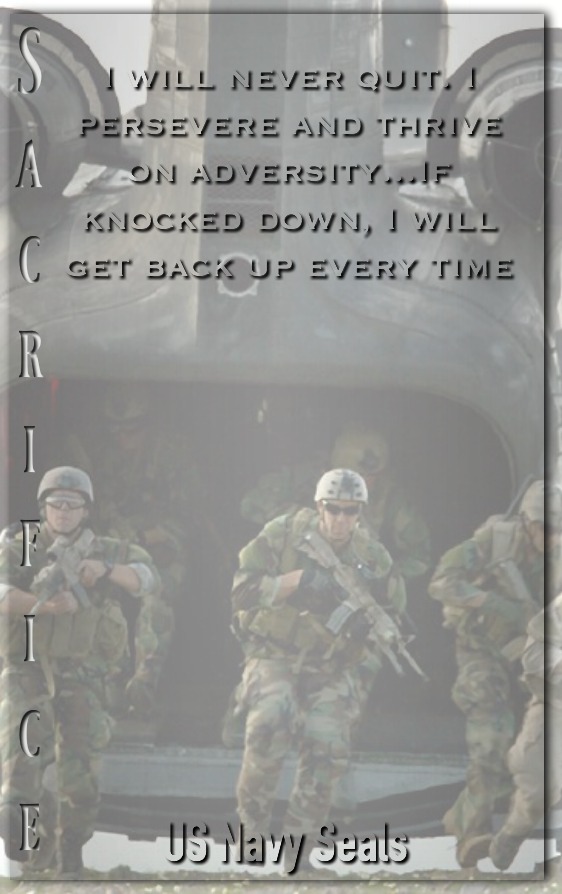Louis Zamperini Quotes
| Inspiring quotes from Louis Zamperini, a World War 2 prison camp and lost at sea survivor. He spent his life inspiring others through his faith and uncommon displays of forgiveness towards those who tormented him. |


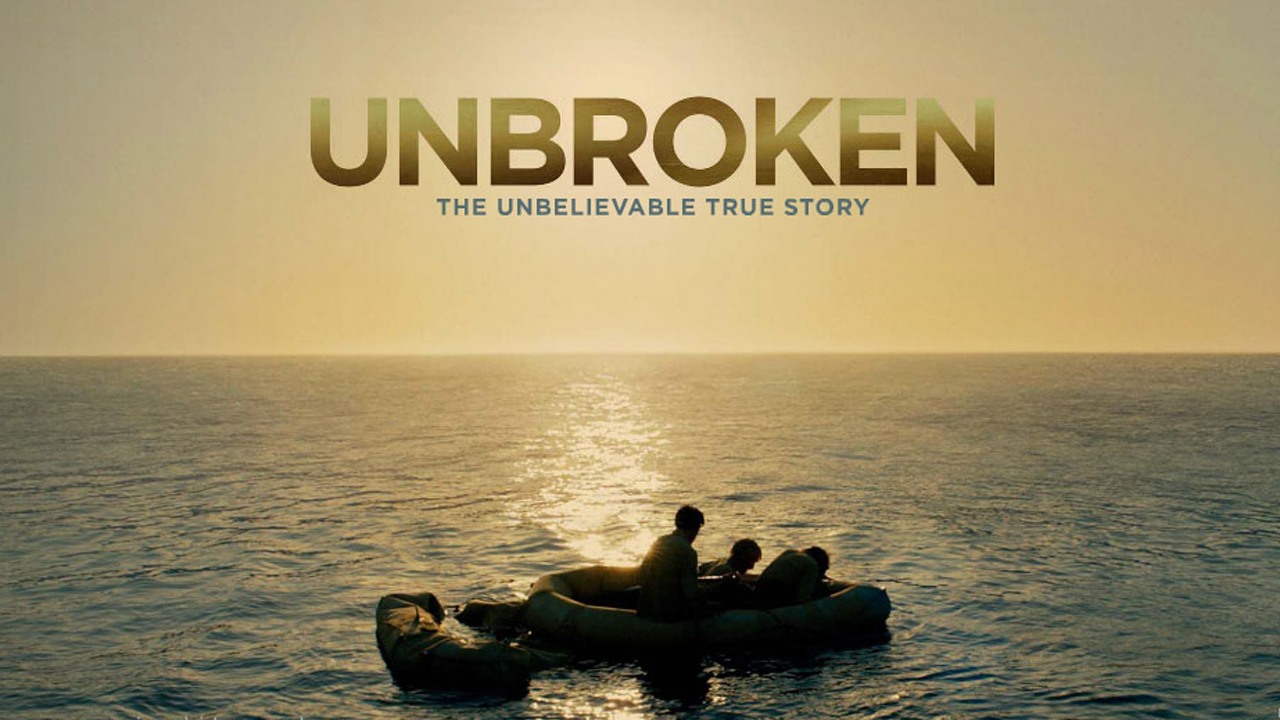


Scenes From Unbroken...Lifting The Plank


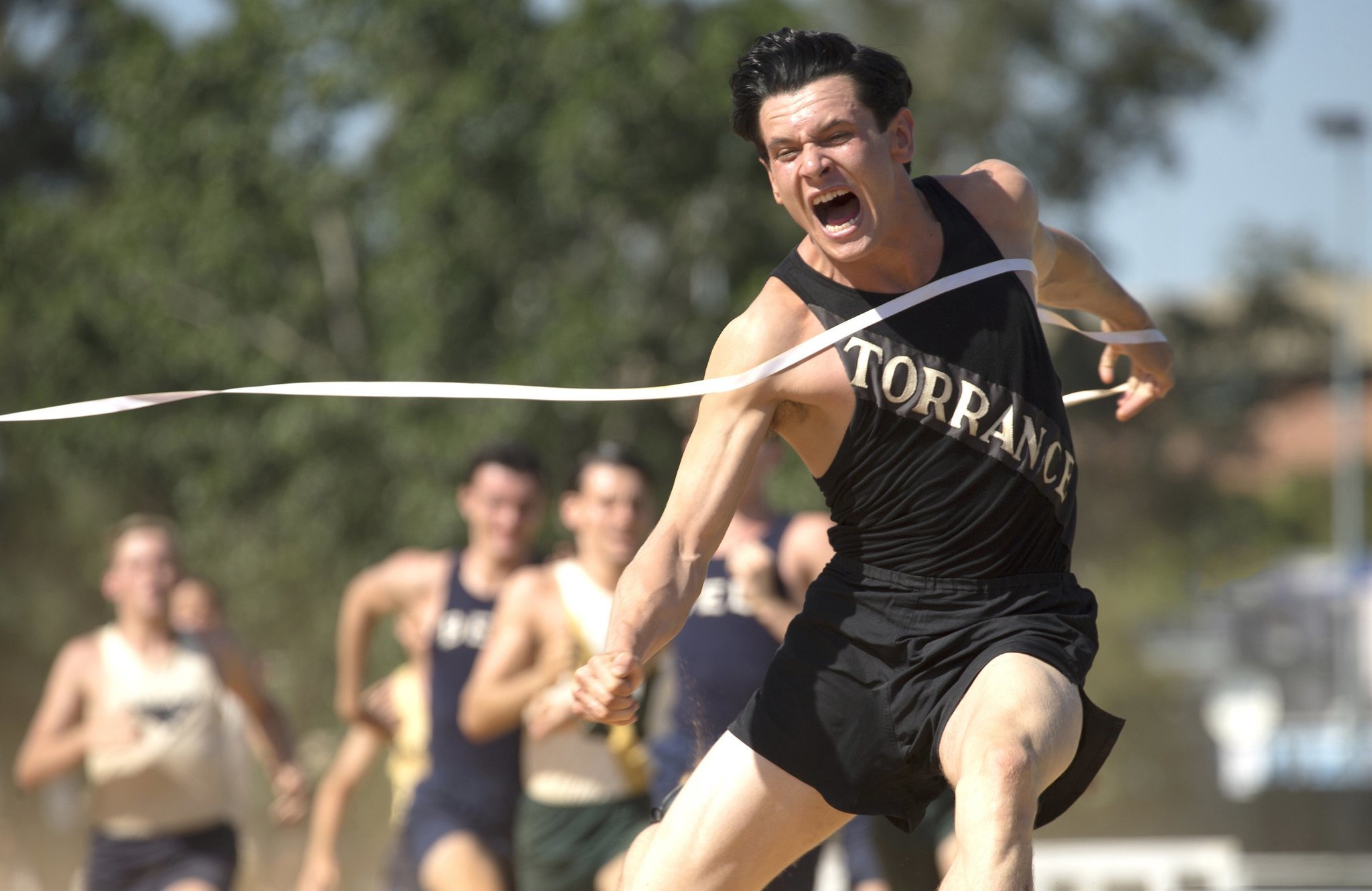

Scenes From Unbroken...The Olympics

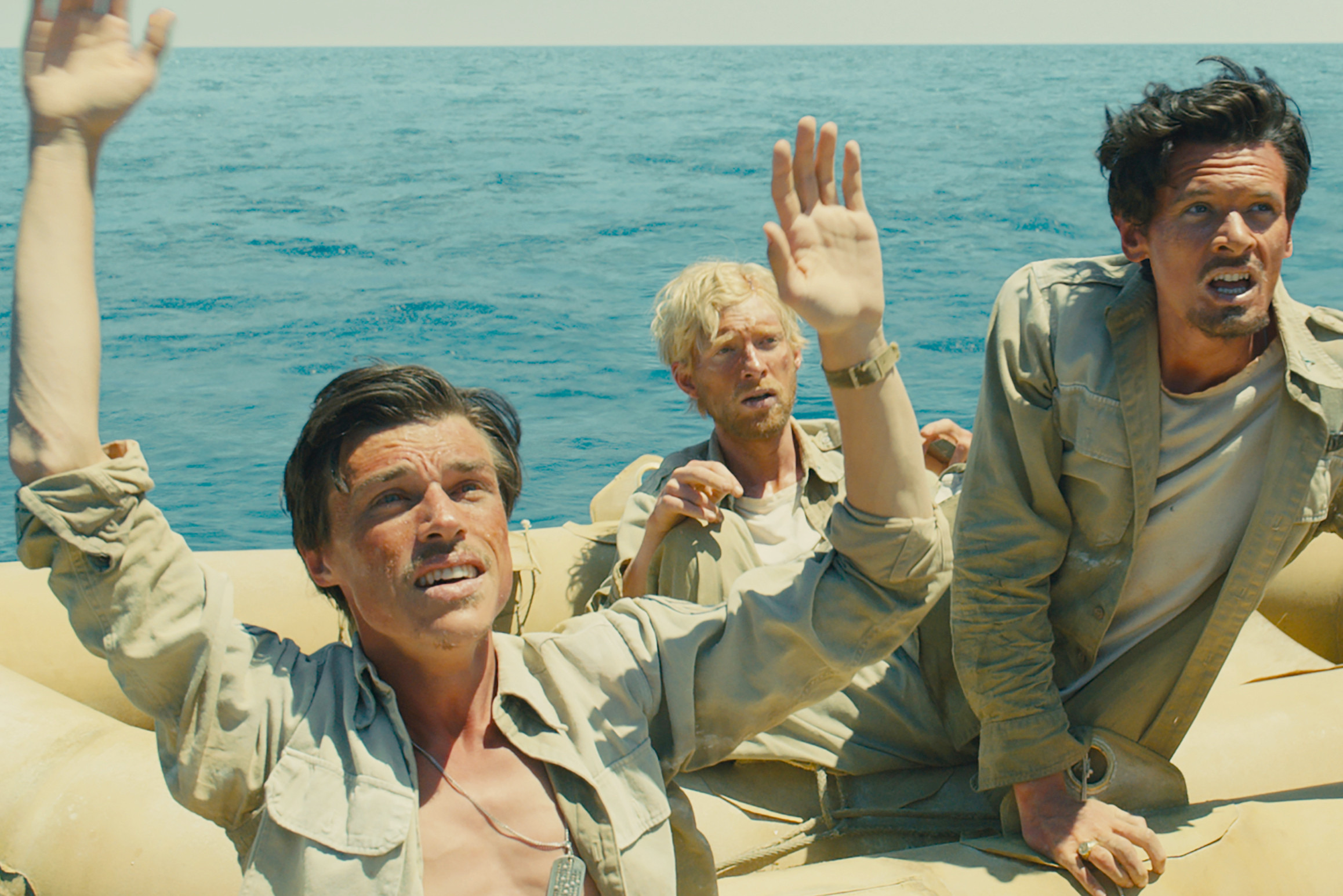
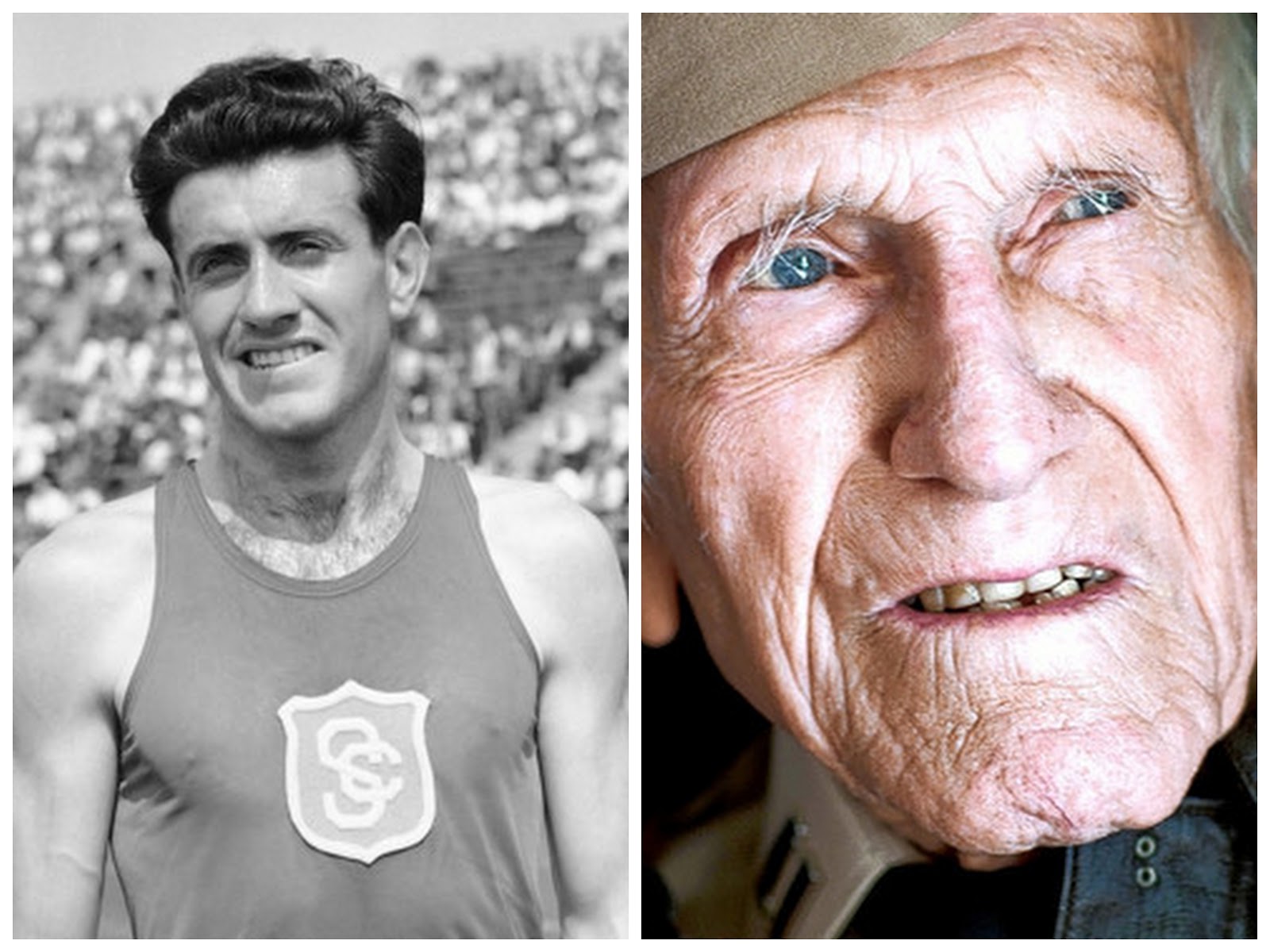

Scenes From Unbroken...Punch In The Face

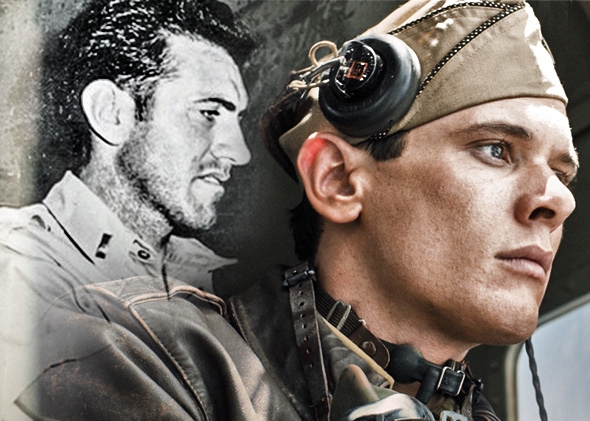
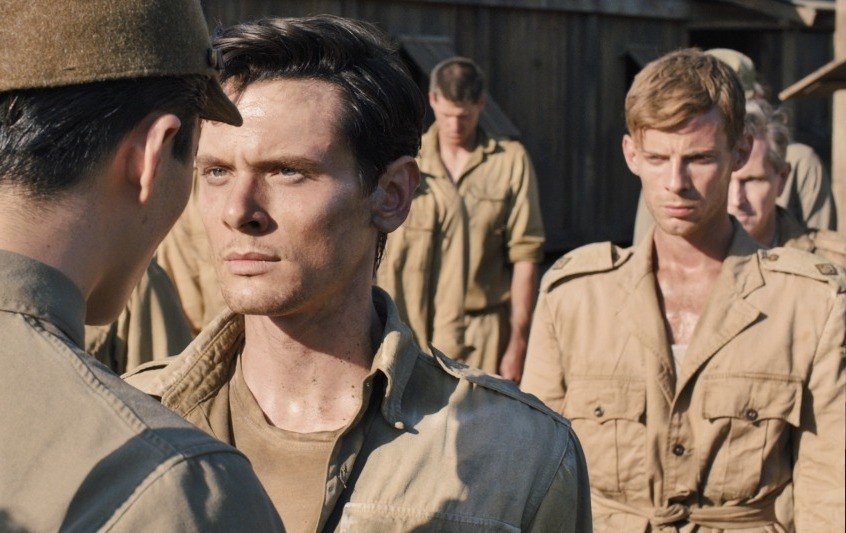

Scenes From Unbroken...Punch In The Face


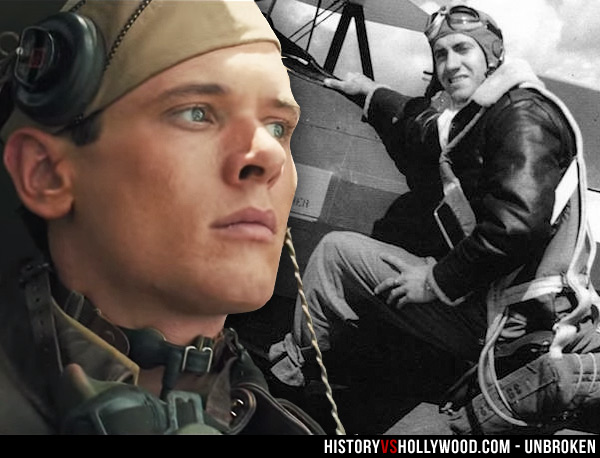

Scenes From Unbroken...The War Is Over

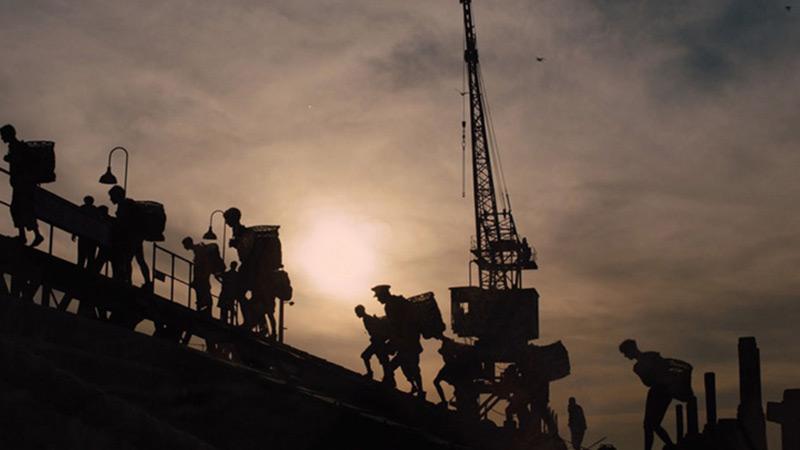
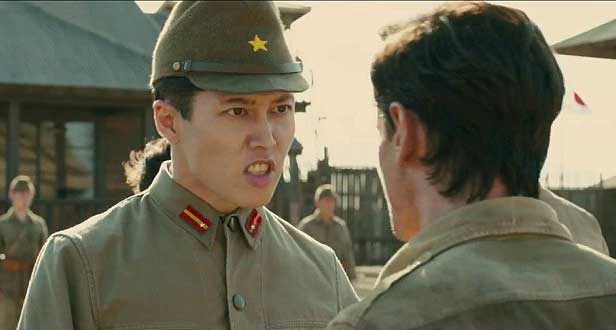

Scenes From Unbroken...Plane Crash


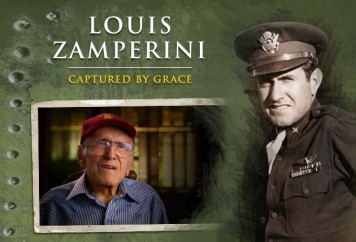

Scenes From Unbroken...Storm And Prayer

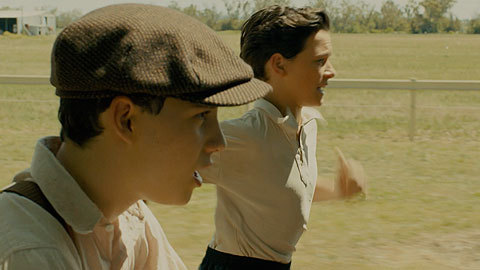


Louis Zamperini....His Life

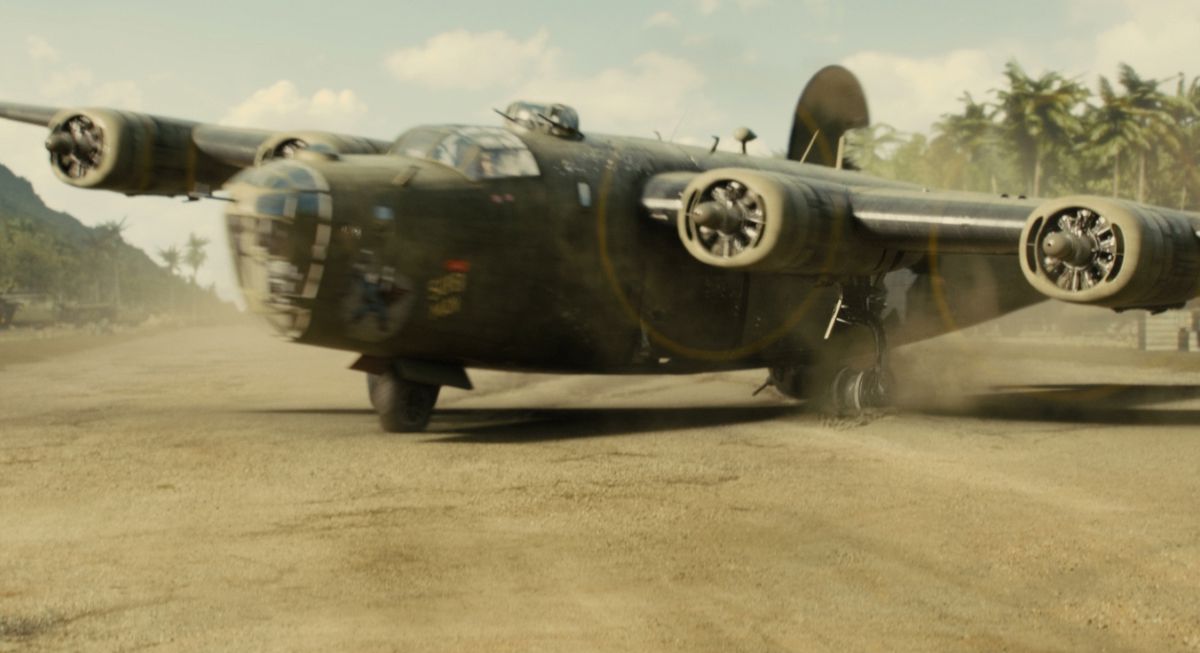
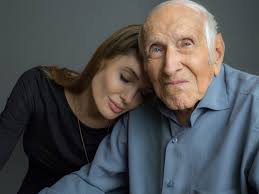

Louis Zamperini....Documentary

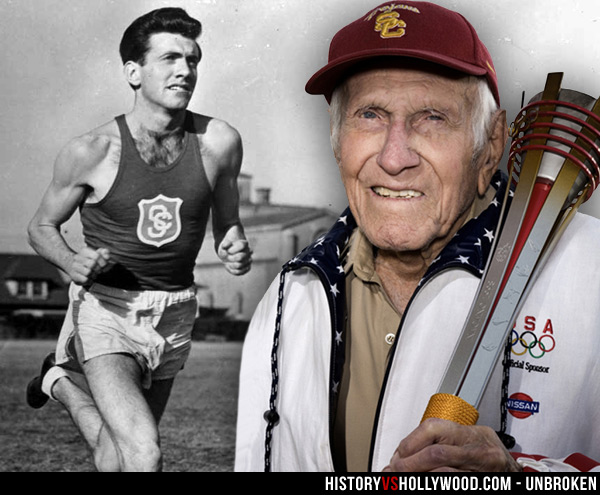


Louis Zamperini...Captured By Grace

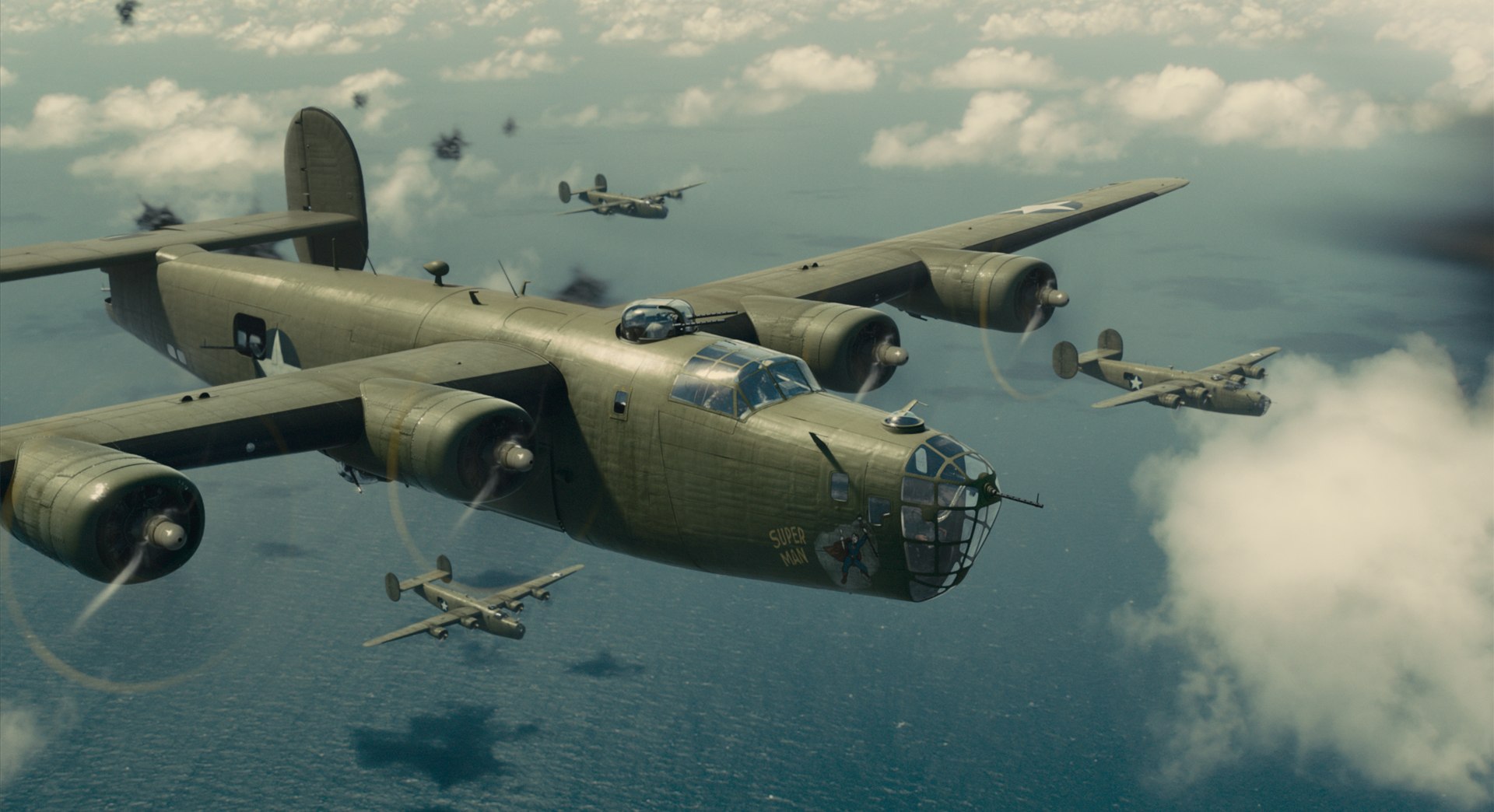
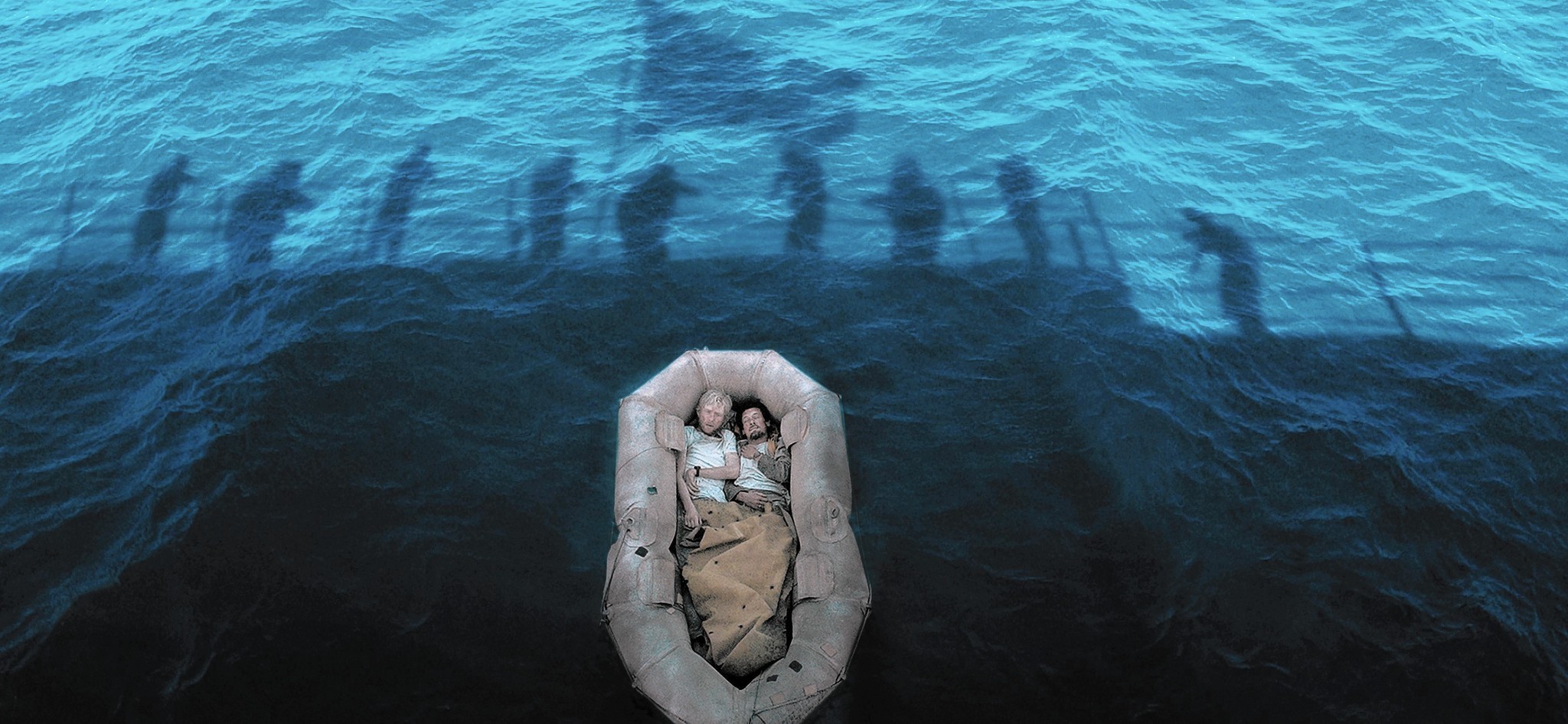

Louis Zamperini....Letter To The Bird
| From Wikipedia Louis Silvie "Louie" Zamperini (January 26, 1917 – July 2, 2014) was a US prisoner of war survivor in World War II, a Christian evangelist and an Olympic distance runner. Zamperini took up running in high school and qualified for the US in the 5000m race for the 1936 Berlin Olympics. He finished 8th in the event. In 1941 he was commissioned into the United States Army Air Forces as a Lieutenant. He served as a bombardier in B-24 Liberators in the Pacific. On a search and rescue mission, mechanical difficulties forced Zamperini's plane to crash in the ocean. After drifting at sea for 46–47 days (island spotted on the 46th, and arrived on 47th) he landed on the Japanese occupied Marshall Islands and was captured. He was taken to a prison camp in Japan where he was tortured. Following the war he initially struggled to overcome his ordeal. Later he became a Christian Evangelist with a strong belief in forgiveness. Zamperini is the subject of two biographical films, the 2014 Unbroken and the 2015 Captured by Grace. |


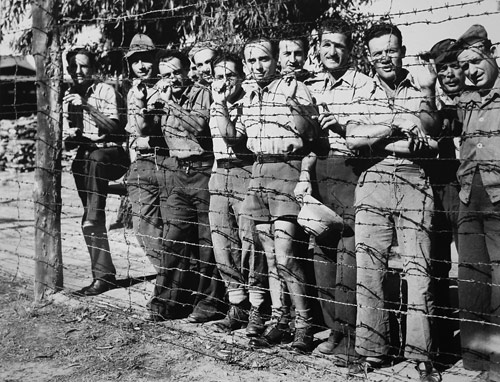

Louis Zamperini....Unbroken Cast


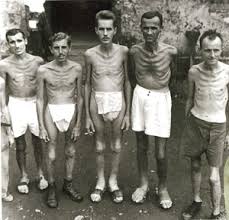

Louis Zamperini....Unbroken Interview
He Was a Troublemaker Growing up Born to Italian immigrant parents on January 26, 1917, Zamperini grew up in Torrance, CA with 1 older brother and 2 younger sisters. He didn’t speak any English, which quickly attracted the attention of neighborhood bullies. His father taught him how to box for self-defense and soon “I was beating the tar out of every one of them,” he once said. “But I was so good at it that I started relishing the idea of getting even. I was sort of addicted to it.” Once he made it clear that he was not a kid to mess with, he started picking fights himself just to see if anyone could beat him. He was a smoker by age 5, a drinker by 8, and as a teenager, he took up a life of hopping trains to Mexico and getting into all sorts of trouble. On one occasion, he deflated a teacher’s car tires after being disciplined, and on another, he chucked tomatoes at a cop. His family members were convinced that prison was in his future. He Became a Track Star in High School In an effort to straighten up his life, Zamperini’s older brother, Pete, convinced him to channel his bad-boy energy into track at Torrance High School, where he was already a star. Fortunately, he got his act together and he soon became one of California’s top athletes. He even achieved a national high school record of completing a mile run in only 4 minutes and 21 seconds. He quickly earned himself the nickname “The Tornado From Torrance.” He Raced in the Olympics Upon graduation, Zamperini was invited to train for the 1936 Olympic team on the University of Southern California track with a scholarship to the school. At USC, he set a national collegiate mile mark of 4 minutes and 8 seconds, which lasted for 15 years. The track star headed to Berlin for the Olympics. Although he didn’t win, he finished the 5000-meter race in 8th place, with a time of 14 minutes and 45 seconds. He managed to amaze the crowd by running one of the fastest final laps in the history of the event. He Met Adolf Hitler Adolf Hitler happened to be in the crowd and was also impressed by Zamperini’s impressive lap. “Ah, you’re the boy with the fast finish,” Hitler said to him as he shook his hand. “It wasn’t until many years later that I looked back and realized I’d shaken hands with the worst tyrant the world has ever known,” he said of the event. He Enlisted in the United States Army Air Corps in 1941 After graduating from USC, Zamperini planned on continuing his athletic career, where he was favored to win events in the 1940 Olympic Games, but World War II intervened. He enlisted in the Army Air Corps in 1941, where he served as a B-24 Liberator bombardier in the 372nd Bomb Squadron. “My life as a teenage delinquent had conditioned me for the war,” Zamperini said. His Military Plane Crashed Into the Ocean On May 27, 1943, Zamperini and 10 other crewmen were sent on a search-and-rescue mission over the Pacific Ocean, when their plane suddenly lost power to 2 of its engines. The plane crashed into the water, killing 8 of his fellow crew. Luckily for Zamperini, a college ring he was wearing hooked onto the plane’s shattered window frame, enabling him to hoist himself out of the sinking aircraft. He survived the wreckage along with pilot Russell Allen Phillips and tail gunner Francis McNamara. He Was Stranded at Sea for 47 Days After the crash, Zamperini and the other 2 survivors drifted for 2000 miles on a life raft with rations of only a few bottles of water and 6 chocolate bars. When they ran out, they survived on rainwater, fish, and birds. They fended off sharks with just their paddles. “It really was a test of survival,” said Zamperini. On one occasion, they escaped an attack by a Japanese bomber without injury and spent the next 8 days repairing their bullet-riddled, waterlogged rubber raft. On the 33rd day, McNamara died. “We slipped him overboard, a burial at sea,” Zamperini wrote in his autobiography. He Was a Prisoner of War On the 47th day at sea, they finally made landfall in the Marshall Islands and were immediately taken prisoner by the Japanese Navy. They were held for about 6 weeks on the island of Kwajalein before being shipped to the Japanese mainland and confined to 3 different interrogation centers and POW camps. He remained in their custody for 2 years, during which he endured disease, starvation, and almost-daily beating from guards. Zamperini was pummeled with clubs, belts, and fists, and on one occasion, was ordered to hold a heavy wooden beam over his head. He lasted 37 minutes before passing out. He Suffered From Nightmares and Flashbacks The Japanese surrendered in September 1945 and Zamperini was set free after being a POW for 2 years. Afterward, he was haunted by the memories of his years of malnourishment and torture. He was unable to resume his career as a runner and he became dependent on alcohol to stifle nightmares and flashbacks. However, Zamperini said that he was resolved of his posttraumatic stress after seeing a sermon by the evangelical preacher Billy Graham in 1949. He Died at Age 97 Louis Zamperini died peacefully in his home at age 97 of pneumonia on July 2, 2014. |

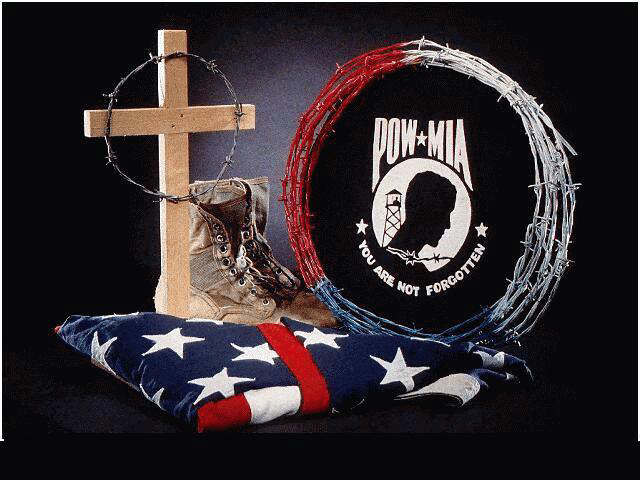
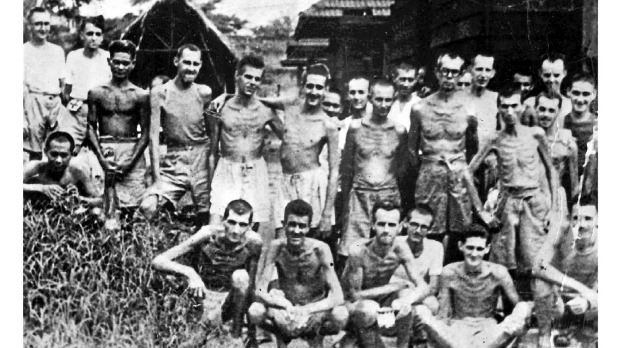

Louis Zamperini....Interview 2001

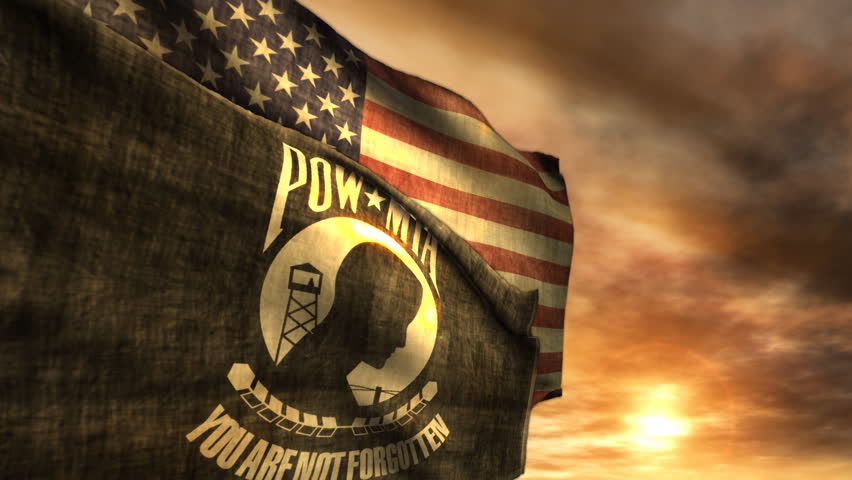
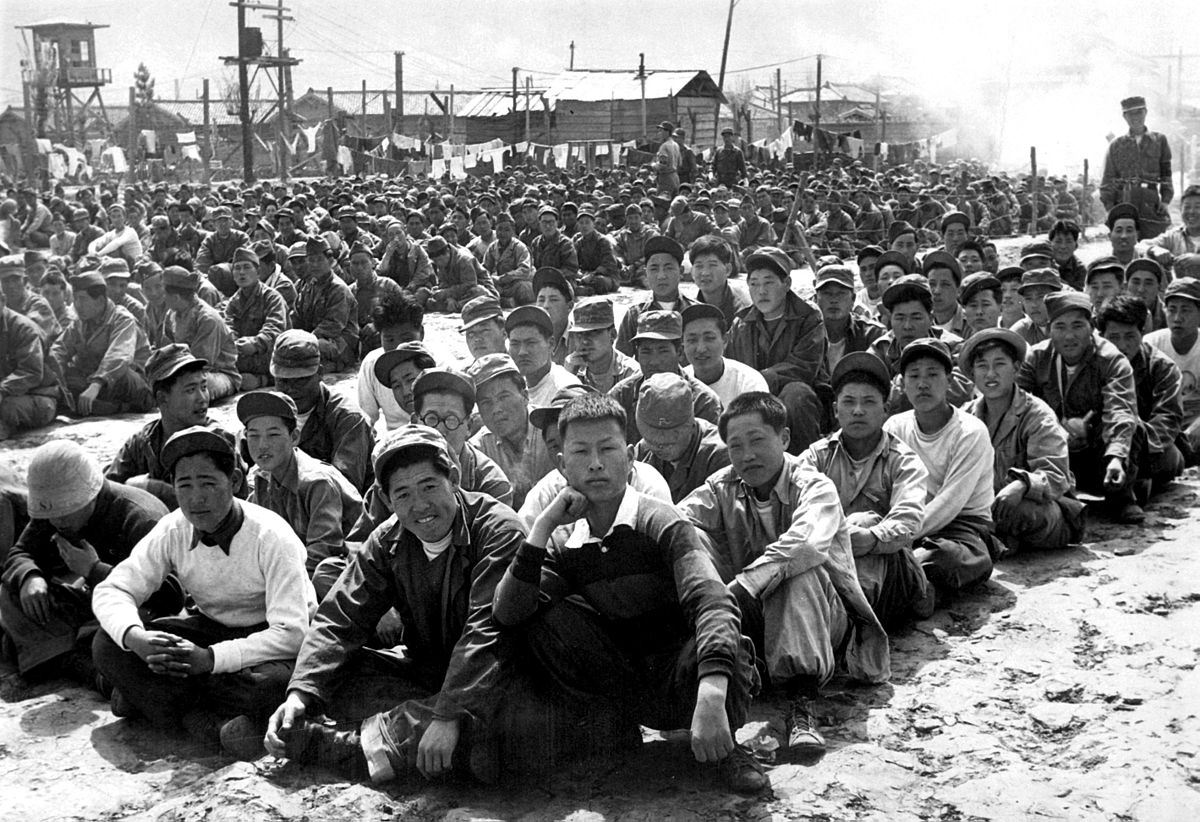

Louis Zamperini....Motivated


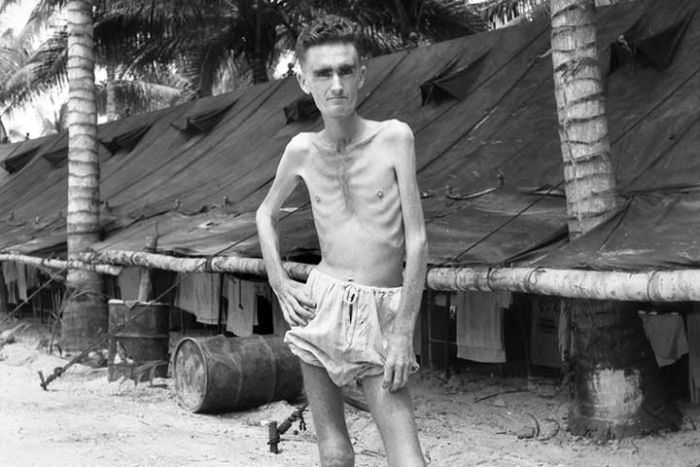

Louis Zamperini....Official Trailer For Unbroken

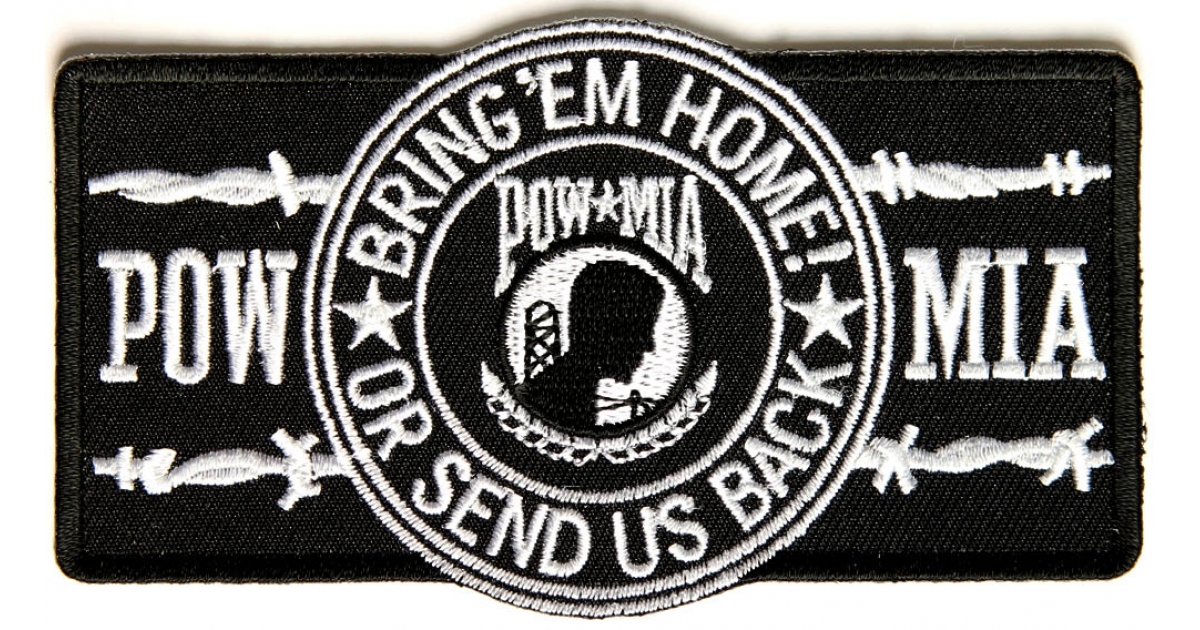
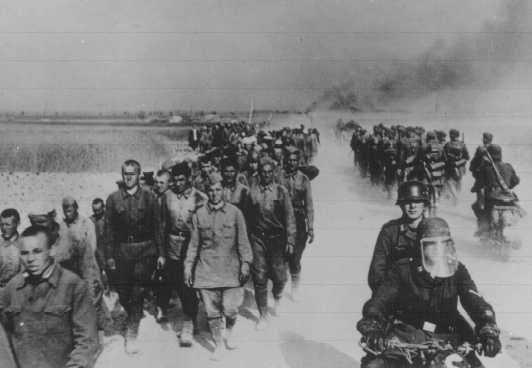

Louis Zamperini....Crash Landing


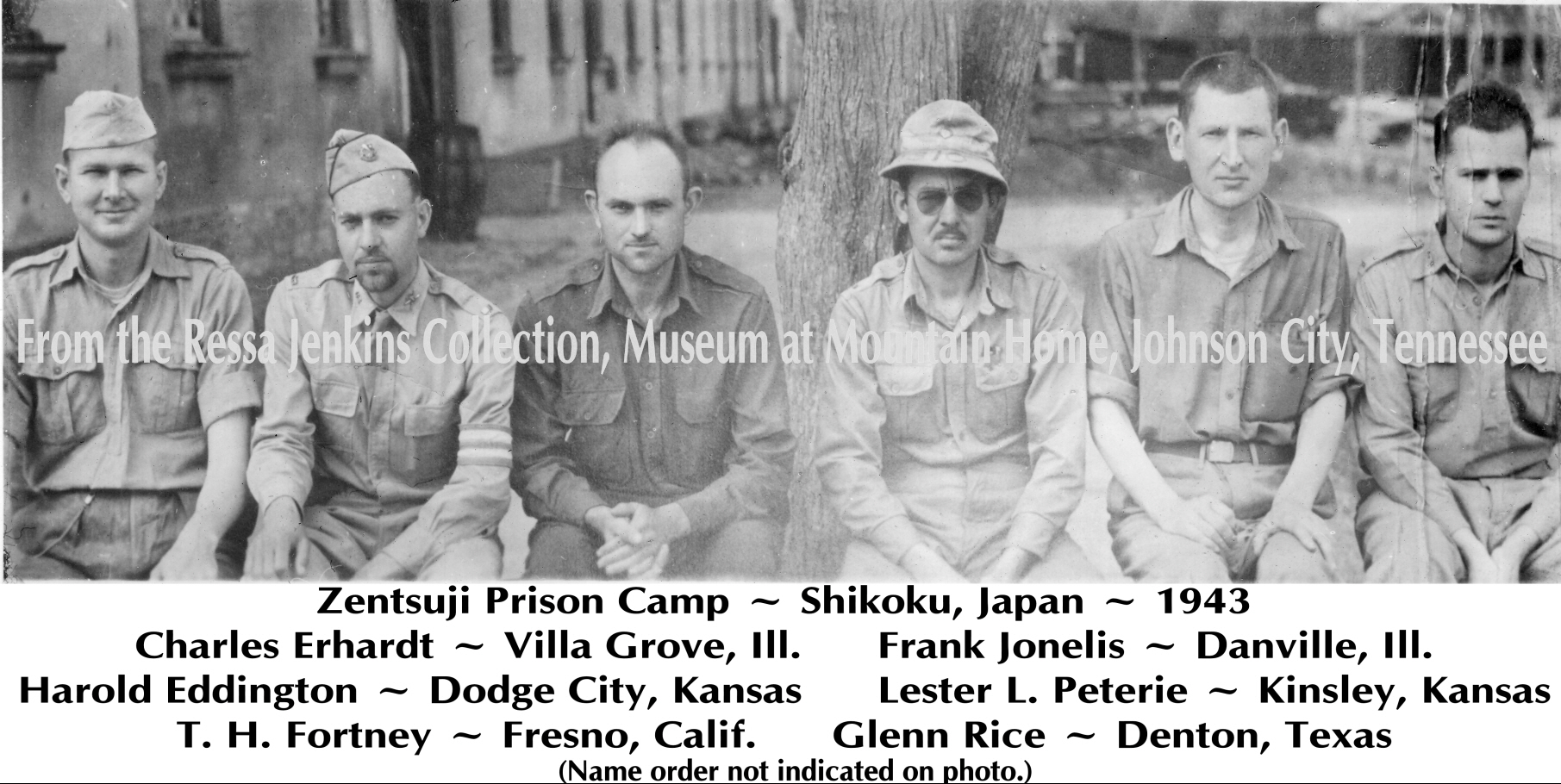

Louis Zamperini....Bombing Mission


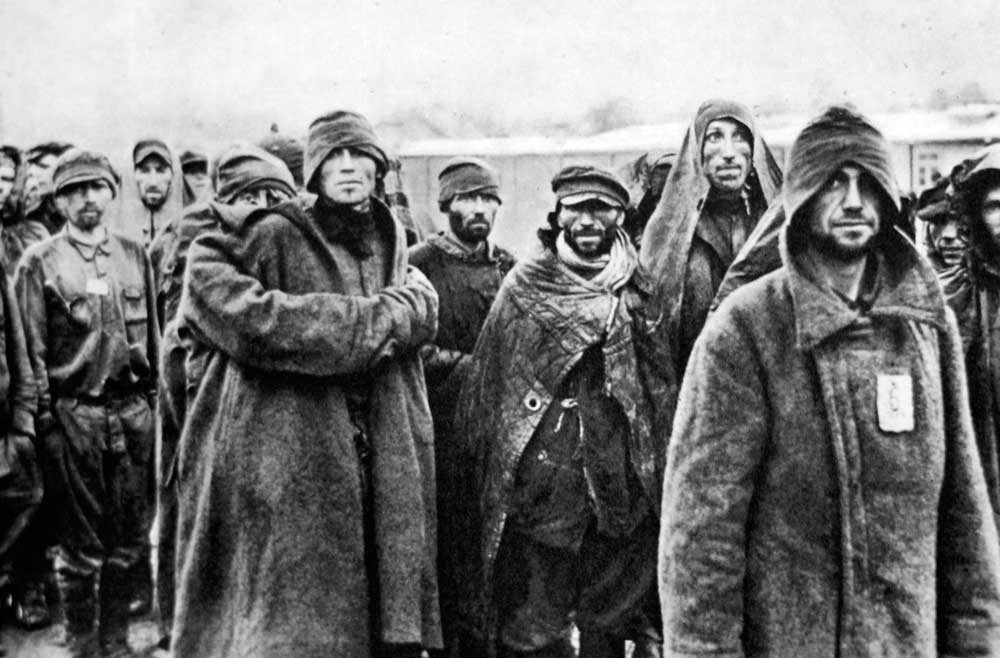

Louis Zamperini....Don't Ever Quit





